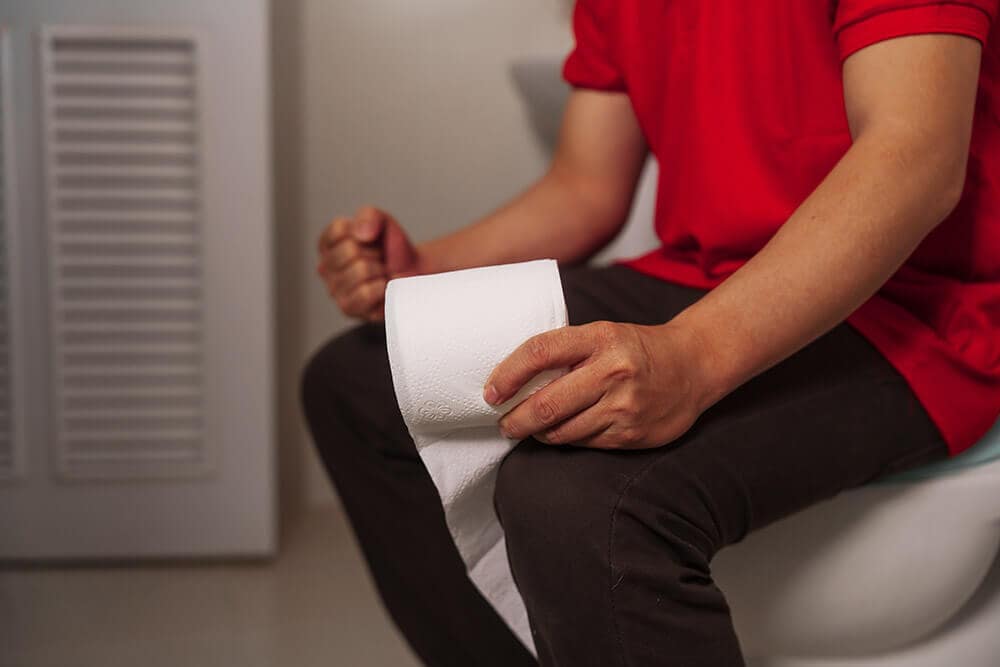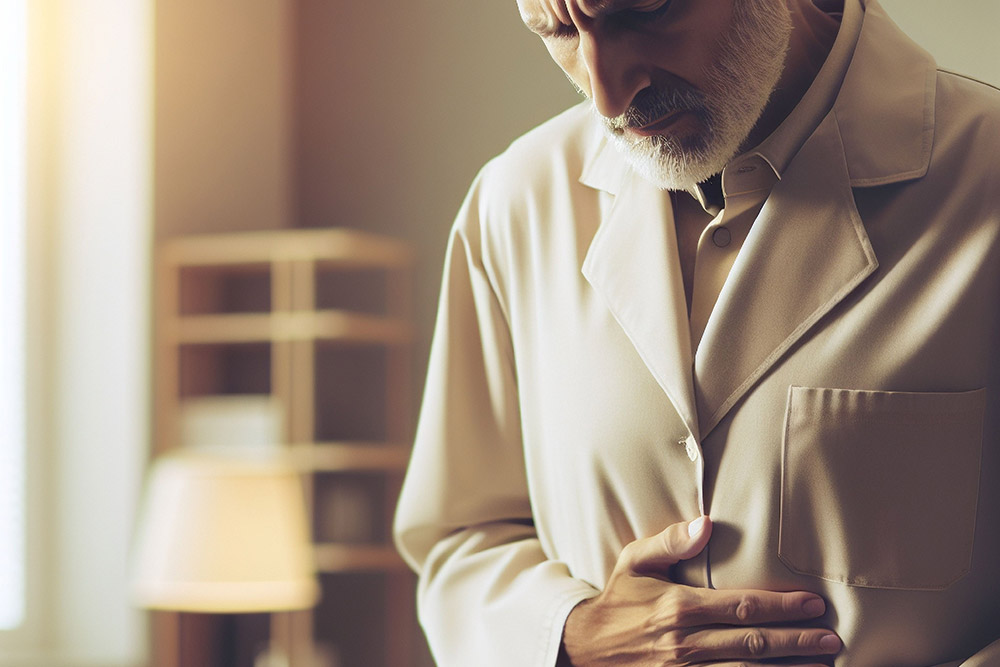Expert Treatment for Primary Sclerosing Cholangitis by Dr. Bharat Pothuri
Dr. Pothuri uses a step-by-step approach:
Medical History and Physical Exam
He reviews your symptoms-especially epigastric pain, itching, fatigue, and any changes in stool or urine color-and looks for risk factors such as ulcerative colitis or a family history of autoimmune disease.
Blood Tests
We check liver function tests (alkaline phosphatase, GGT, bilirubin) and autoimmune markers (p-ANCA) to identify cholestasis and rule out other liver disorders.
Imaging Studies
- MRCP (Magnetic Resonance Cholangiopancreatography) to noninvasively visualize bile duct strictures and areas of inflammation.
- Abdominal ultrasound to assess ductal dilation and liver texture changes.
Advanced Testing (if needed)
ERCP (Endoscopic Retrograde Cholangiopancreatography) allows direct inspection, sampling, and stent placement in narrowed ducts. A liver biopsy may be performed rarely to confirm diagnosis and stage fibrosis.
Frequently Asked Questions
What is the difference between PBC and PSC?
PSC usually affects the larger bile ducts and is more common in people with ulcerative colitis. PBC mainly targets smaller bile ducts and occurs more often in women.
How are antibody tests used in PSC?
Blood tests check for immune markers that support a PSC diagnosis. Results are interpreted alongside imaging studies like MRCP or ERCP.
Is PSC treatment available in Houston?
Yes. GastroDoxs in Houston offers comprehensive PSC care, including diagnostic testing, medical management, endoscopic procedures, and transplant coordination.
Can PSC lead to cirrhosis?
Yes. Chronic bile duct inflammation and scarring can progress to cirrhosis if untreated. Early intervention helps slow or prevent liver damage.
Do I need a special diet for PSC?
A balanced diet low in saturated fat and rich in fiber and vitamins is recommended. Dr. Pothuri's team provides tailored nutritional guidance and supplements as needed.
When is liver transplant needed?
A transplant is considered if liver function deteriorates significantly or symptoms become severe despite optimal medical and endoscopic therapy. Dr. Pothuri collaborates with Houston transplant centers.
How often should I follow up with my doctor?
Follow-up visits are generally scheduled every 3 to 6 months, based on your blood tests, imaging results, and how you're feeling clinically.












